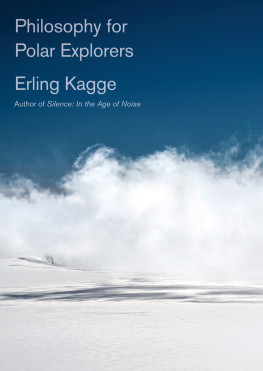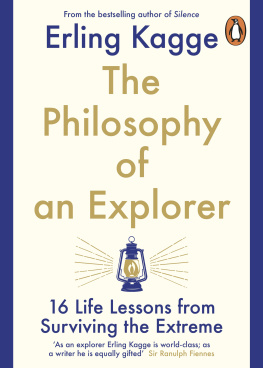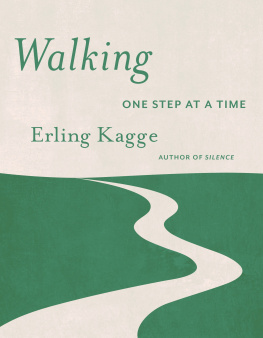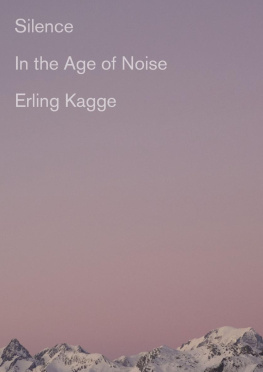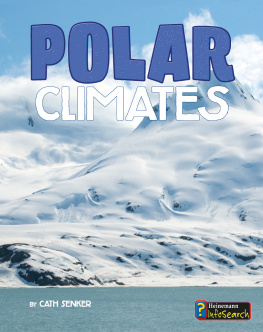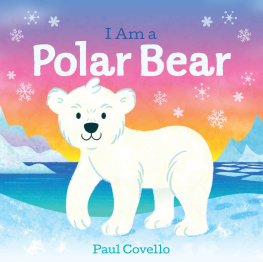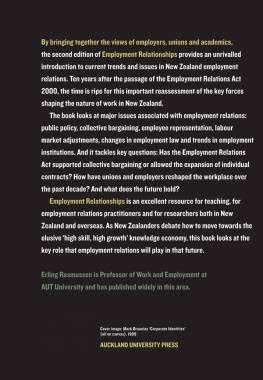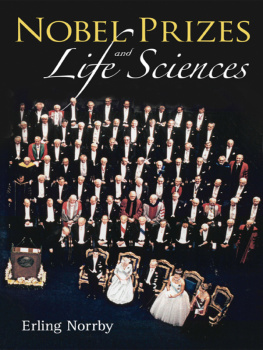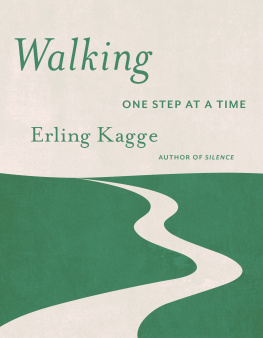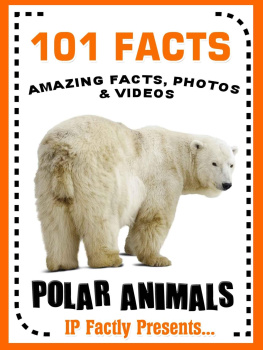Erling Kagge - Philosophy for Polar Explorers
Here you can read online Erling Kagge - Philosophy for Polar Explorers full text of the book (entire story) in english for free. Download pdf and epub, get meaning, cover and reviews about this ebook. year: 2020, publisher: Knopf Doubleday Publishing Group, genre: Religion. Description of the work, (preface) as well as reviews are available. Best literature library LitArk.com created for fans of good reading and offers a wide selection of genres:
Romance novel
Science fiction
Adventure
Detective
Science
History
Home and family
Prose
Art
Politics
Computer
Non-fiction
Religion
Business
Children
Humor
Choose a favorite category and find really read worthwhile books. Enjoy immersion in the world of imagination, feel the emotions of the characters or learn something new for yourself, make an fascinating discovery.
- Book:Philosophy for Polar Explorers
- Author:
- Publisher:Knopf Doubleday Publishing Group
- Genre:
- Year:2020
- Rating:5 / 5
- Favourites:Add to favourites
- Your mark:
- 100
- 1
- 2
- 3
- 4
- 5
Philosophy for Polar Explorers: summary, description and annotation
We offer to read an annotation, description, summary or preface (depends on what the author of the book "Philosophy for Polar Explorers" wrote himself). If you haven't found the necessary information about the book — write in the comments, we will try to find it.
Philosophy for Polar Explorers — read online for free the complete book (whole text) full work
Below is the text of the book, divided by pages. System saving the place of the last page read, allows you to conveniently read the book "Philosophy for Polar Explorers" online for free, without having to search again every time where you left off. Put a bookmark, and you can go to the page where you finished reading at any time.
Font size:
Interval:
Bookmark:
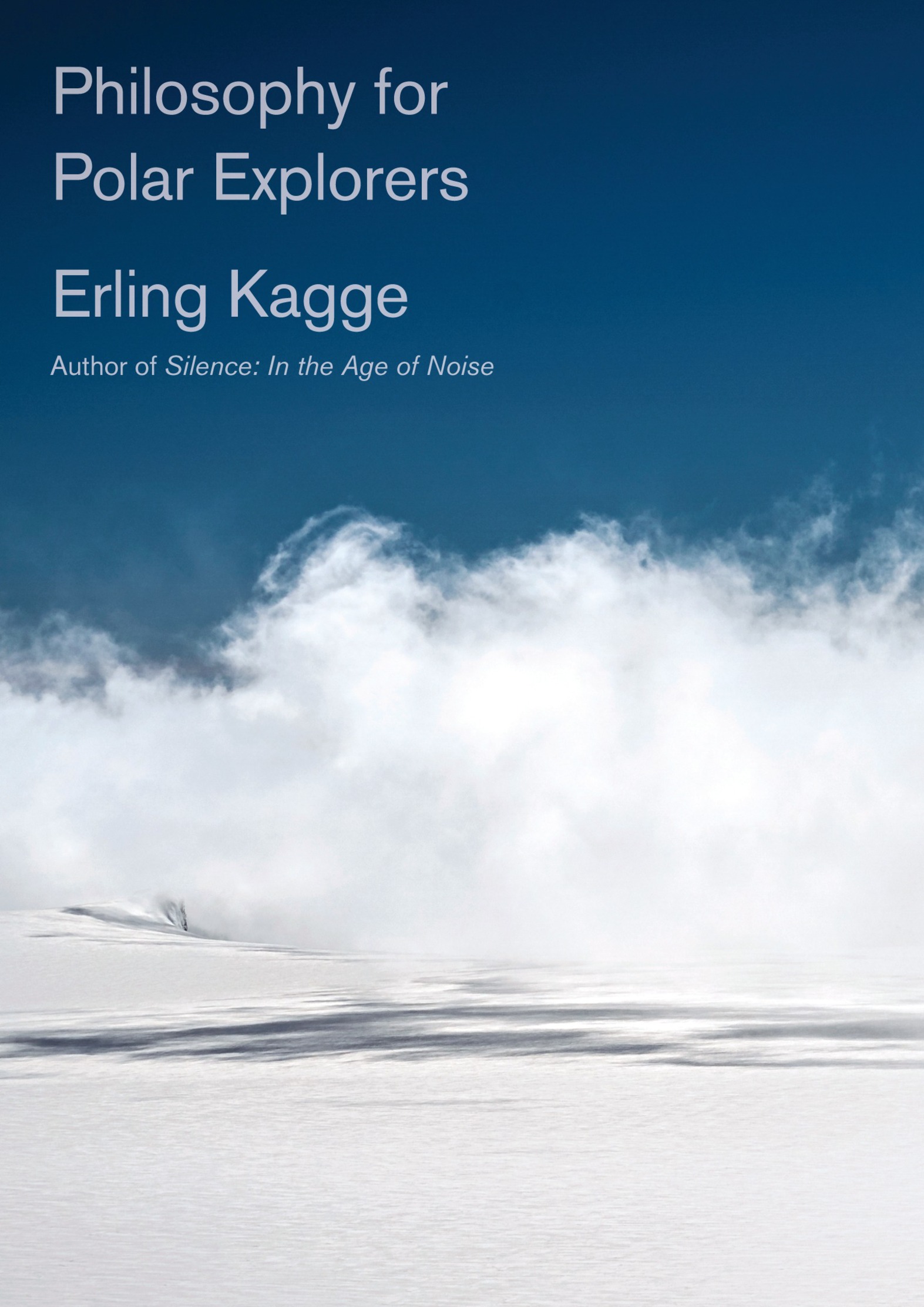
Silence: In the Age of Noise
Walking: One Step at a Time
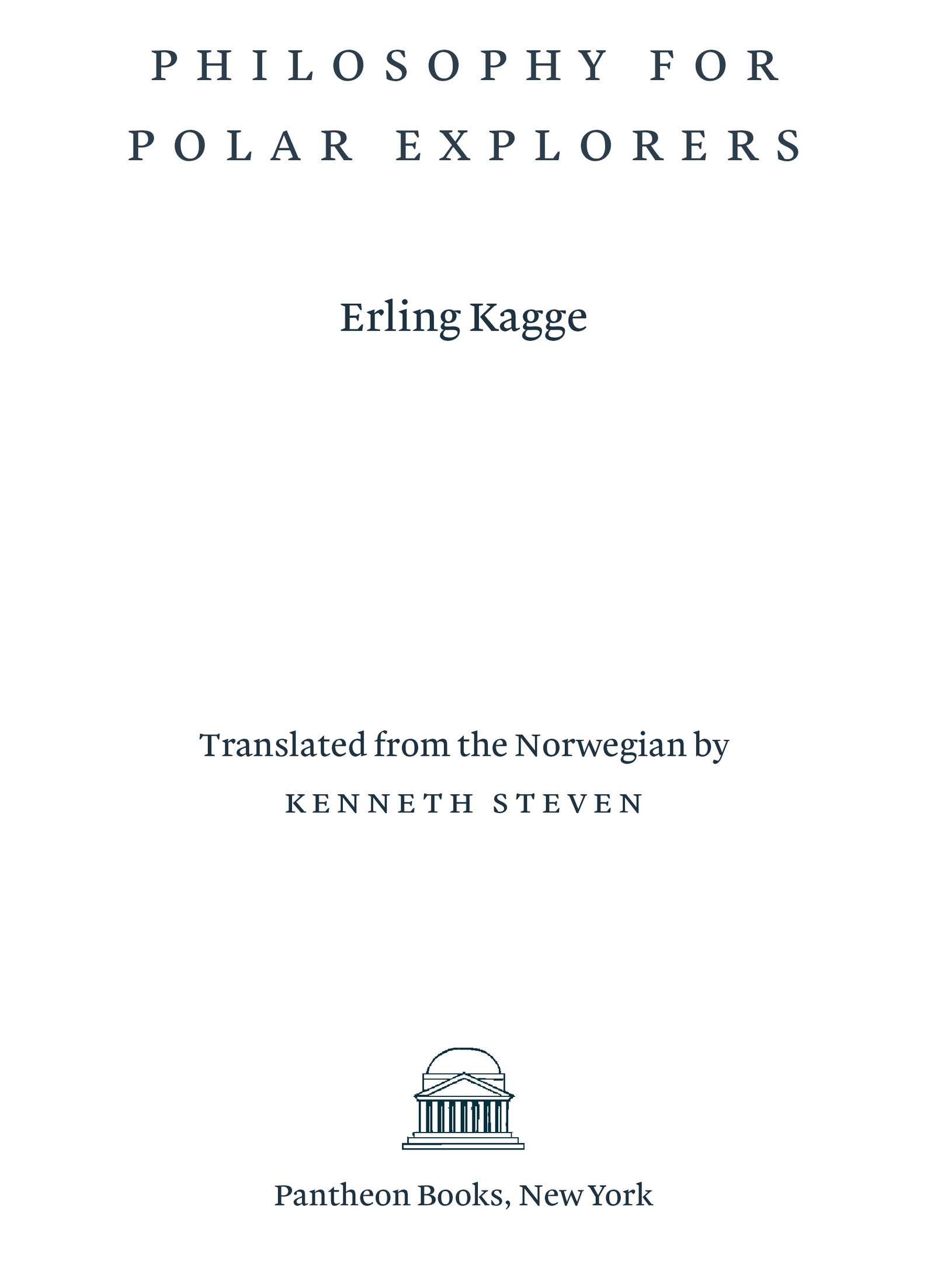
English translation copyright 2006, 2019, 2020 by Erling Kagge
All rights reserved. Published in the United States by Pantheon Books, a division of Penguin Random House LLC, New York, and distributed in Canada by Random House of Canada, a division of Penguin Random House Canada Limited, Toronto. Originally published in Norway as Alt jeg ikke lrte p skolen by Kagge Forlag AS, Oslo, in 2005. Copyright 2005 by Kagge Forlag AS. Originally published in English in Great Britain in slightly different form by Pushkin Press, London, in 2006. This translation originally published in hardcover in Great Britain in slightly different form by Viking, an imprint of Penguin Books Ltd., a division of Penguin Random House Ltd., London, in 2019.
Pantheon Books and colophon are registered trademarks of Penguin Random House LLC.
Grateful acknowledgement is made to Kenneth Steven for his translation of the text and to Diane Oatley for her translation of the foreword.
Library of Congress Cataloging-in-Publication Data
Name: Kagge, Erling, author.
Title: Philosophy for Polar explorers / Erling Kagge ; translated from the Norwegian by Kenneth Steven.
Other titles: Alt jeg ikke lrte pa skolen. English.
Description: First American edition. New York : Pantheon Books, 2020. Translation of authors Alt jeg ikke lrte pa skolen, published in 2005. Includes bibliographical references.
Identifiers: LCCN 2020019534 (print). LCCN 2020019535 (ebook).
ISBN 9781524749118 (hardcover). ISBN 9781524749125 (ebook).
Subjects: LCSH: Kagge, ErlingTravelPolar regions. Kagge, ErlingPhilosophy. Polar regionsDiscovery and explorationNorwegian. ExplorersConduct of life.
Classification: LCC G875.K34 A3 2020 (print) | LCC G875.K34 (ebook) | DDC 910/.01 dc23
LC record available at lccn.loc.gov/2020019534
LC ebook record available at lccn.loc.gov/2020019535
Ebook ISBN9781524749125
www.pantheonbooks.com
Cover photograph by Arctic-Images/Stone/Getty Images
Cover design by Kelly Blair
ep_prh_5.6.0_c0_r0
For Ingrid, Solveig, and Nor
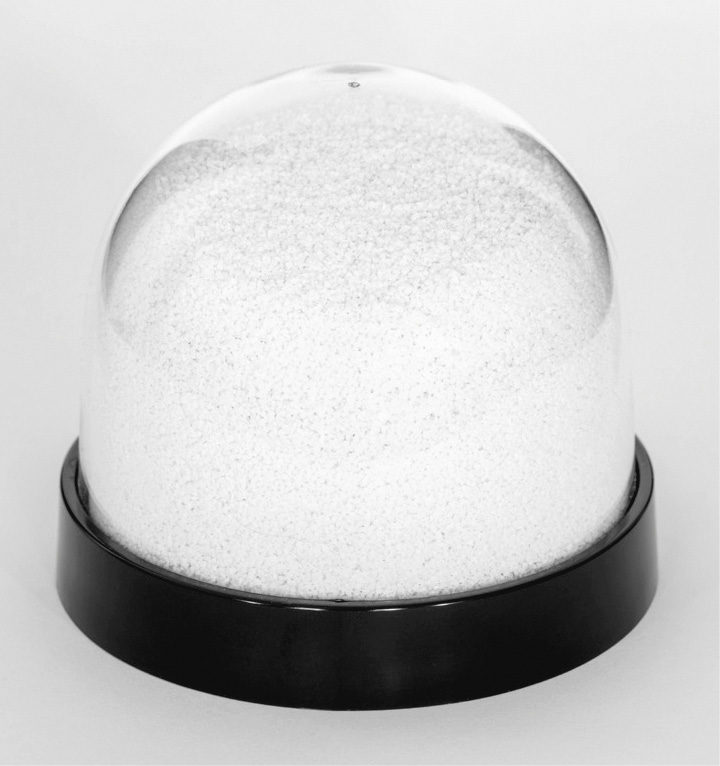
Snow Globe, Ceal Floyer
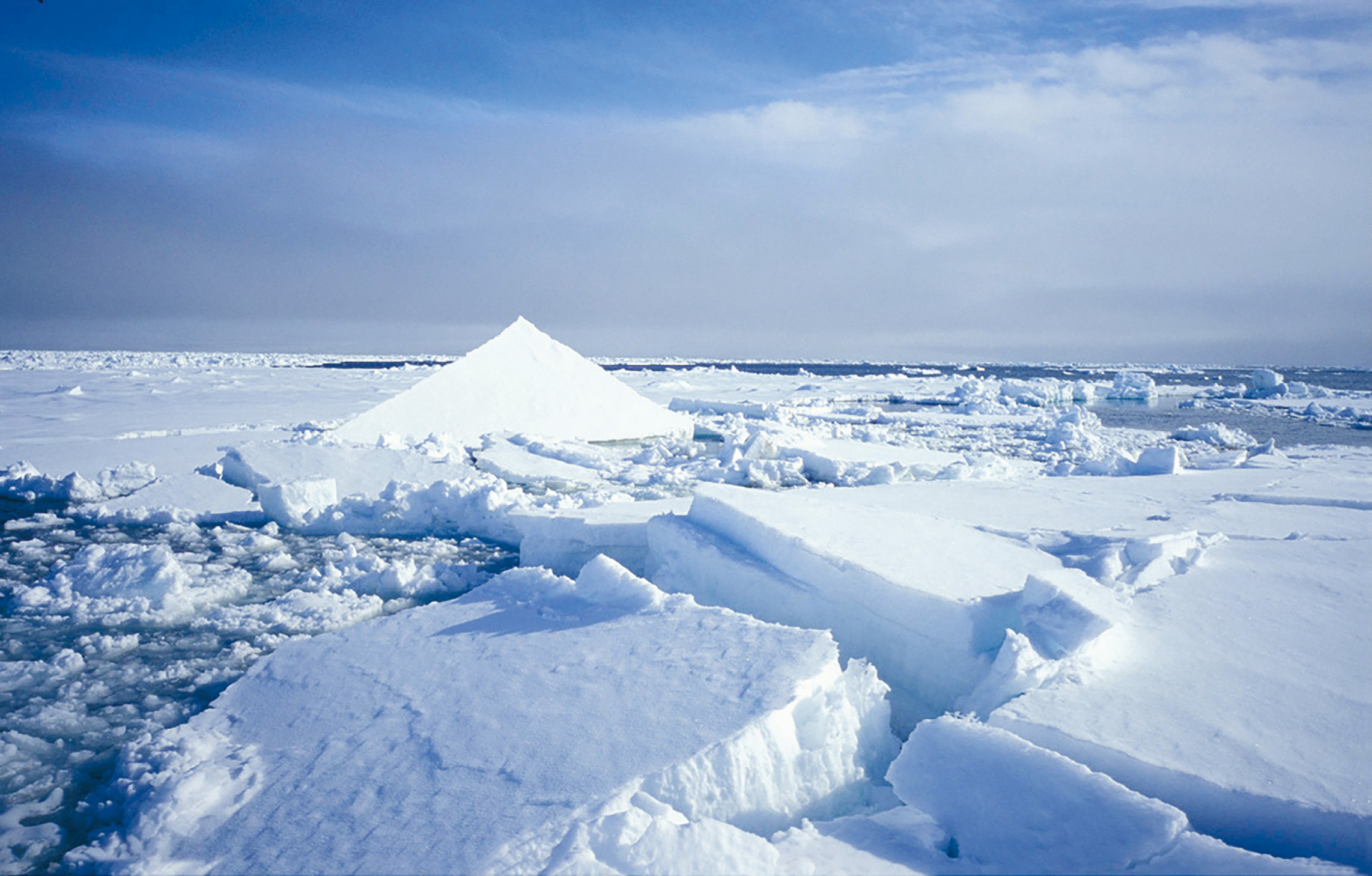
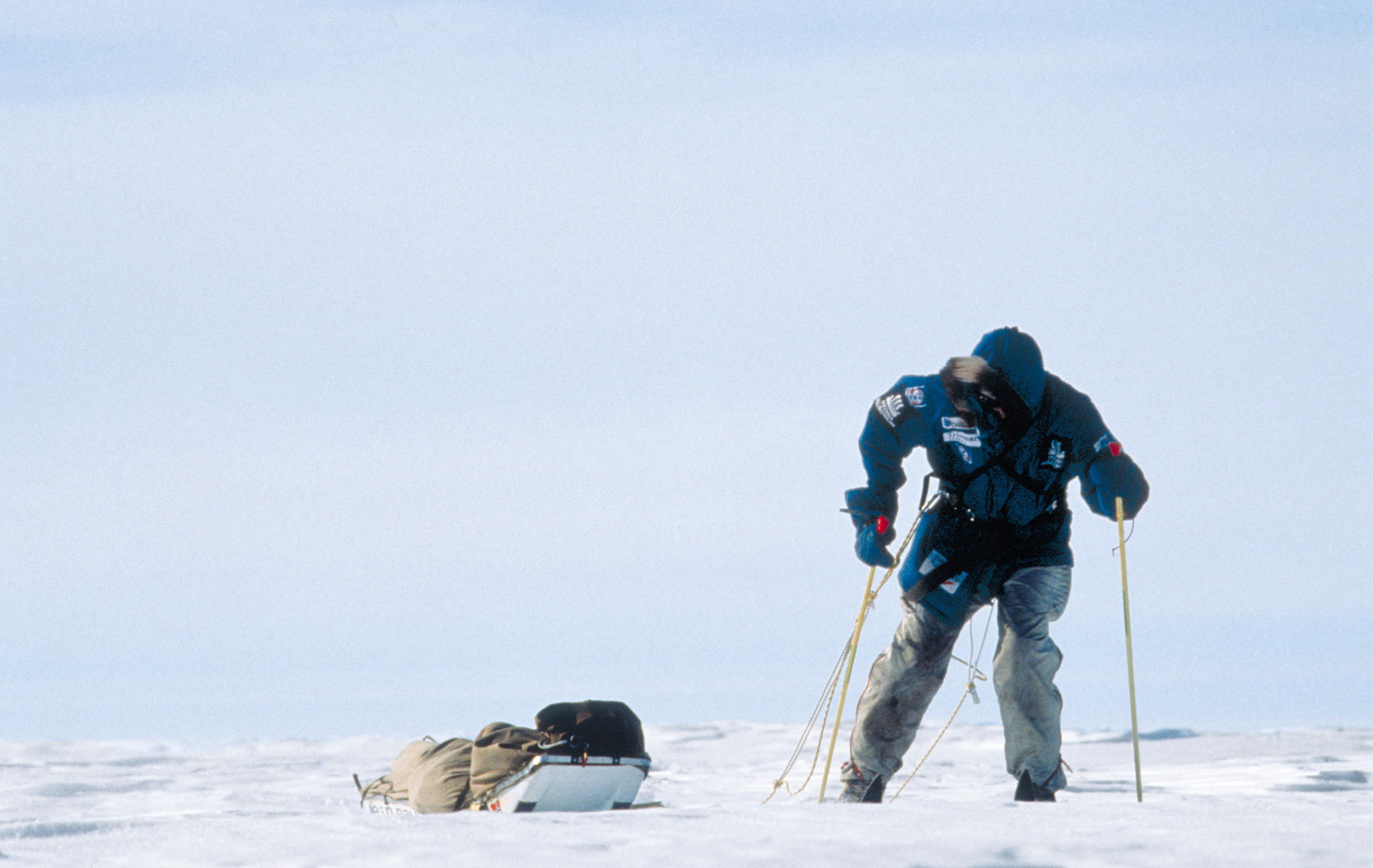
When I am feeling cold beneath the open sky, theres an easy way to warm up: I pull the hood of my anorak over my head, draw the zipper up to my throat, and pick up my pace. When my body heats up, first in my torso and then down my arms to my wrists, and finally underneath my fingernails, I can stop. Then I take out a mandarin, peel it, and slowly suck out the juice by pressing each section gently against the roof of my mouth with my tongue.
Suddenly I feel connected: connected with the person who planted the tree, with the water the tree has drunk through its roots, the earth that cushions these roots, the branch that has carried the mandarin from fertilization to fruition, and the sun that has helped to ripen it. And I feel grateful: grateful for being warm again and for the feeling of being in contact with the rhythms of nature.
At other times when Im out on a walk, its as if Im not thinking at all. I seldom notice any activity along the way. My mind goes into hibernation, and only very occasionally a solitary thought will cross it: how the snowflakes beneath my skis are created by a tiny drop of water, ten or twenty kilometres above the Earths surface, becoming, piece by piece, a six-sided prism, consisting of 90 per cent air. How it then floats down through the atmosphere and lands on the ground in front of me. No two snowflakes are alike, and none follow the same route. They are often, though not always, symmetrical. Until my skis compress them, that is.
Nature has its own language, experiences, and consciousness. It tells us where we come from and what we should do on the road ahead. I grew up without a television or a car (my father considered both to be dangerously unhealthy) and spent a lot of my free time in the forest, by the sea, and in the mountains, so I have been spoon-fed this knowledge. Today, when the modern world expects us to be available at all times, grounding yourself in nature can be hard. I forget about it sometimes, and when I look around, I get the feeling that many people forget about it all the time.
Nature is about diversity. The more I remove myself from nature and the more I increase my availability to the modern world, the more restless I become. The more unhappy too. I am no scientist, but my experience has been that, to a large extent, feelings of insecurity, loneliness, and depression stem from the flattening of the world that occurs when we are alienated from nature. There is, of course, much to be said in favour of man-made environments and new technology, but our eyes, nose, ears, tongue, skin, brain, hands, and feet were not created for choosing the road of least resistance. Mother Earth is 4.54 billion years old, so it seems arrogant to me when we dont listen to nature and instead blindly place our trust in human invention.
In 2010, my Norwegian friend Brge Ousland, the Icelandic polar explorer Haraldur rn lafsson, and I crossed Vatnajkull, Icelands largest glacier. We travelled light and carried all the food and equipment we needed on our respective small runnerless sleds, called pulks. By volume, Vatnajkull is the largest glacier in Europe. It is made up of 3,100 cubic kilometres of ice and covers 8,100 square kilometres of south-east Iceland. As is often the case with Icelandic glaciers, there are a number of volcanoes beneath the ice. While we were on our way across it, a volcanic eruption broke out in the neighbouring glacier, Eyjafjallajkull. Hundreds of people were immediately evacuated and the air traffic above a large part of Europe was suspended because of the clouds of volcanic ash. We were never in danger, but the experience showed me how a small volcano erupting in a remote region of Iceland can have huge consequences for an entire continent. Large volcanic eruptions can change the whole world. I sometimes wonder if we need natural disasters like these to remind us of the Earths rhythms and forces. Id like to think thats not the case, and that people can choose to reconnect with nature from time to time in a more peaceful way.
During the first twelve years of my life, my parents sent me outdoors in all kinds of weather. I believe that at first I liked it, but then I grew bored with it in my early teens. I began putting my energy into indoor activities and partying instead. Seven or eight years later, I started yearning for nature again. I missed the forest, the mountains, and the ocean, the feeling of physical exertion in the outdoors. It was a yearning that came from inside me, a deep-felt need for close contact with elements not made by machines. To feel the sun, rain, cold, wind, mud, and water on my body. To listen.
Font size:
Interval:
Bookmark:
Similar books «Philosophy for Polar Explorers»
Look at similar books to Philosophy for Polar Explorers. We have selected literature similar in name and meaning in the hope of providing readers with more options to find new, interesting, not yet read works.
Discussion, reviews of the book Philosophy for Polar Explorers and just readers' own opinions. Leave your comments, write what you think about the work, its meaning or the main characters. Specify what exactly you liked and what you didn't like, and why you think so.

